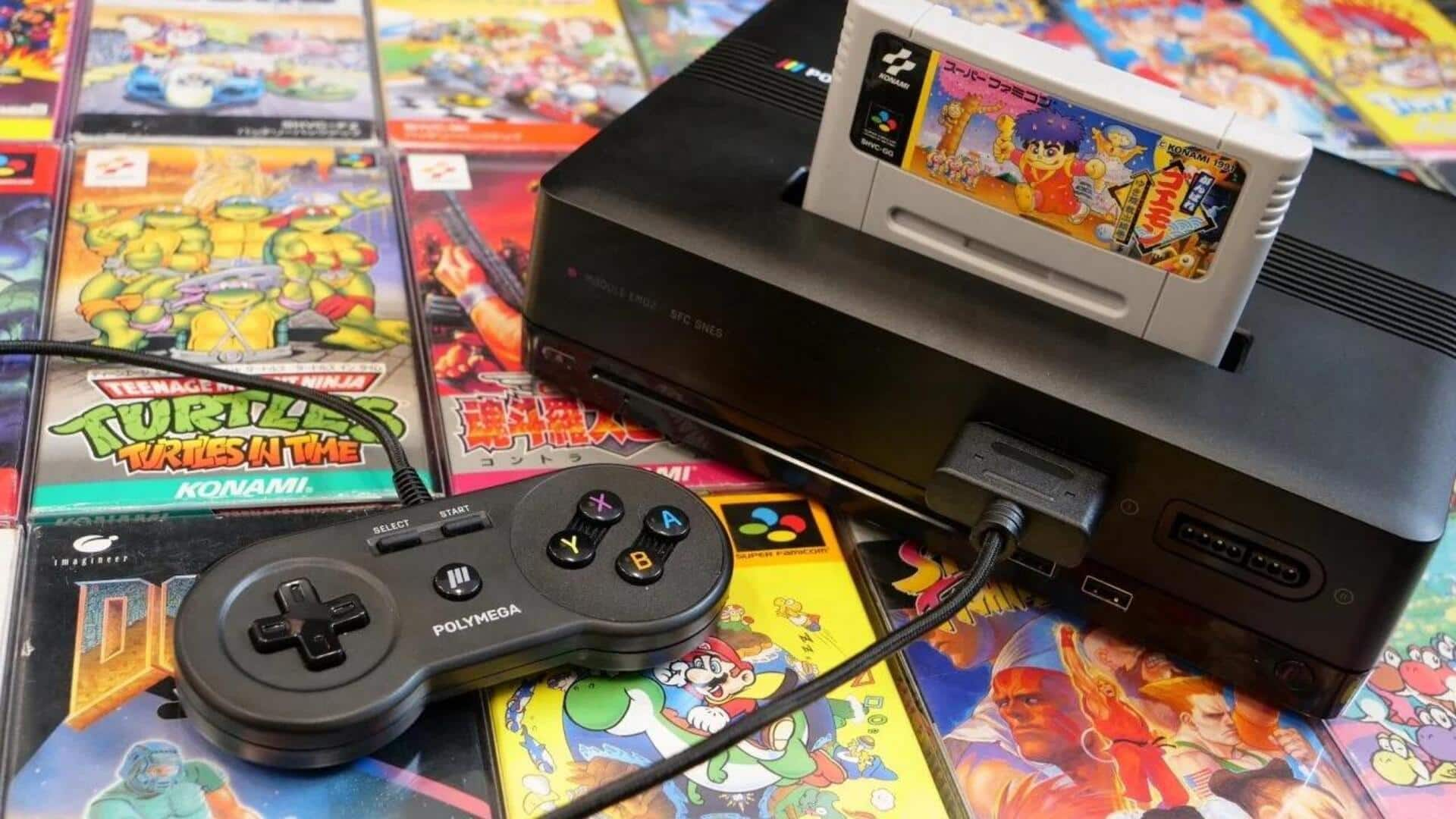
Video game preservationists denied remote access to discontinued titles
What's the story
The US Copyright Office has rejected a proposal from video game preservationists, seeking permission for libraries and museums to provide temporary remote access to discontinued games.
Kendra Albert, representing the Software Preservation Network and the Library Copyright Alliance, expressed disappointment over this decision stating preservationists weren't asking for a lot.
Albert told The Verge that their request was similar to existing practices for special collections in libraries, where access is granted after ensuring no harm is done.
Unique treatment
Video games: An exception in remote access
Currently, the Copyright Office permits institutions to remotely lend other media and software programs, as long as they don't distribute more copies than they own. However, video games are an exception.
Albert was frustrated over this unique treatment of video games, noting that the standard process used for accessing various materials is deemed insufficient for them.
Opposition
ESA's concerns over market impact and misuse
The Entertainment Software Association (ESA), which represents video game publishers, opposed the proposal.
They argued that people could abuse libraries to play games for free, hurting the market for classic video games.
The ESA also argued that preservationists lacked "appropriately tailored restrictions to ensure that uses would be limited to teaching, research, or scholarship uses."
Rejection rationale
Library of Congress remains unconvinced
Despite preservationists' arguments that most games are never re-released and those that are, often undergo changes/remastering that diminishes their research value, the Library of Congress remained unconvinced.
It said, "The Register concludes that proponents did not show that [...] permitting off-premises access to video games are likely to be noninfringing. She also notes the greater risk of market harm with removing the video game exemption's premises limitation, given the market for legacy video games."
Reaction
Albert expresses disappointment over decision
Albert voiced disappointment with the decision on Bluesky, saying it appeared the Copyright Office didn't take into account evidence from certain video game publishers who testified that granting limited remote access wouldn't affect the market for video game re-releases.
If approved, this request would not have been a permanent change but subject to renewal every three years under certain exemptions to section 1201 of the Digital Millennium Copyright Act.